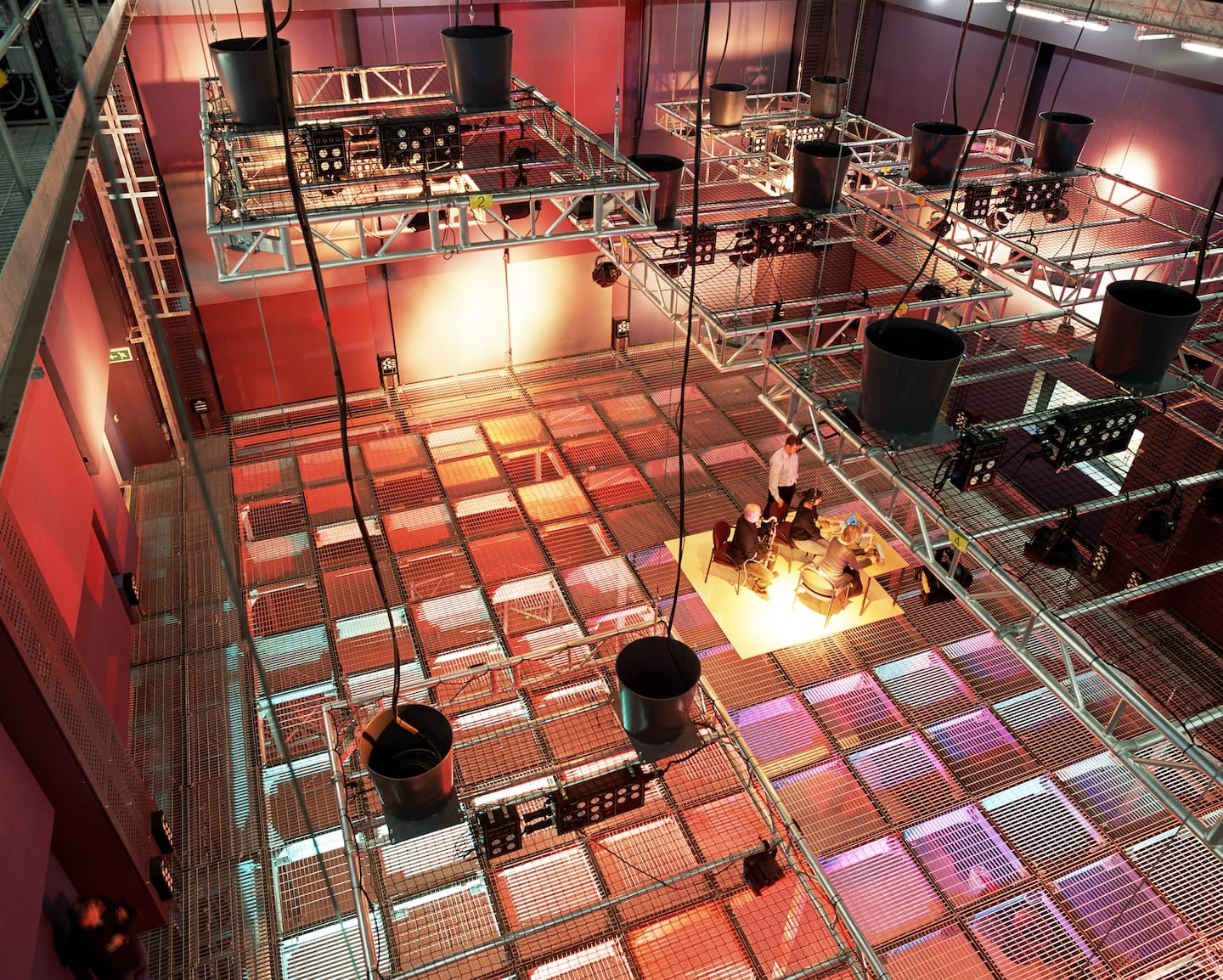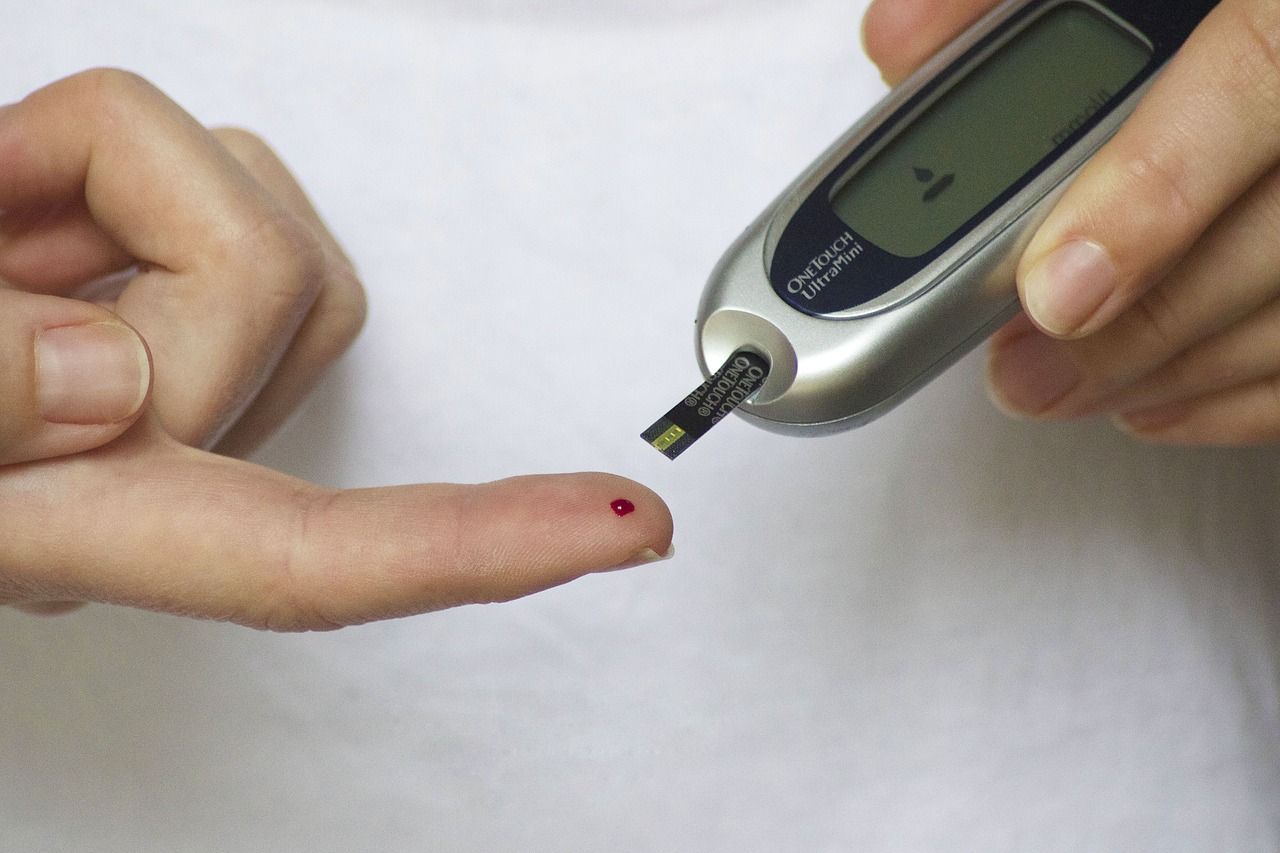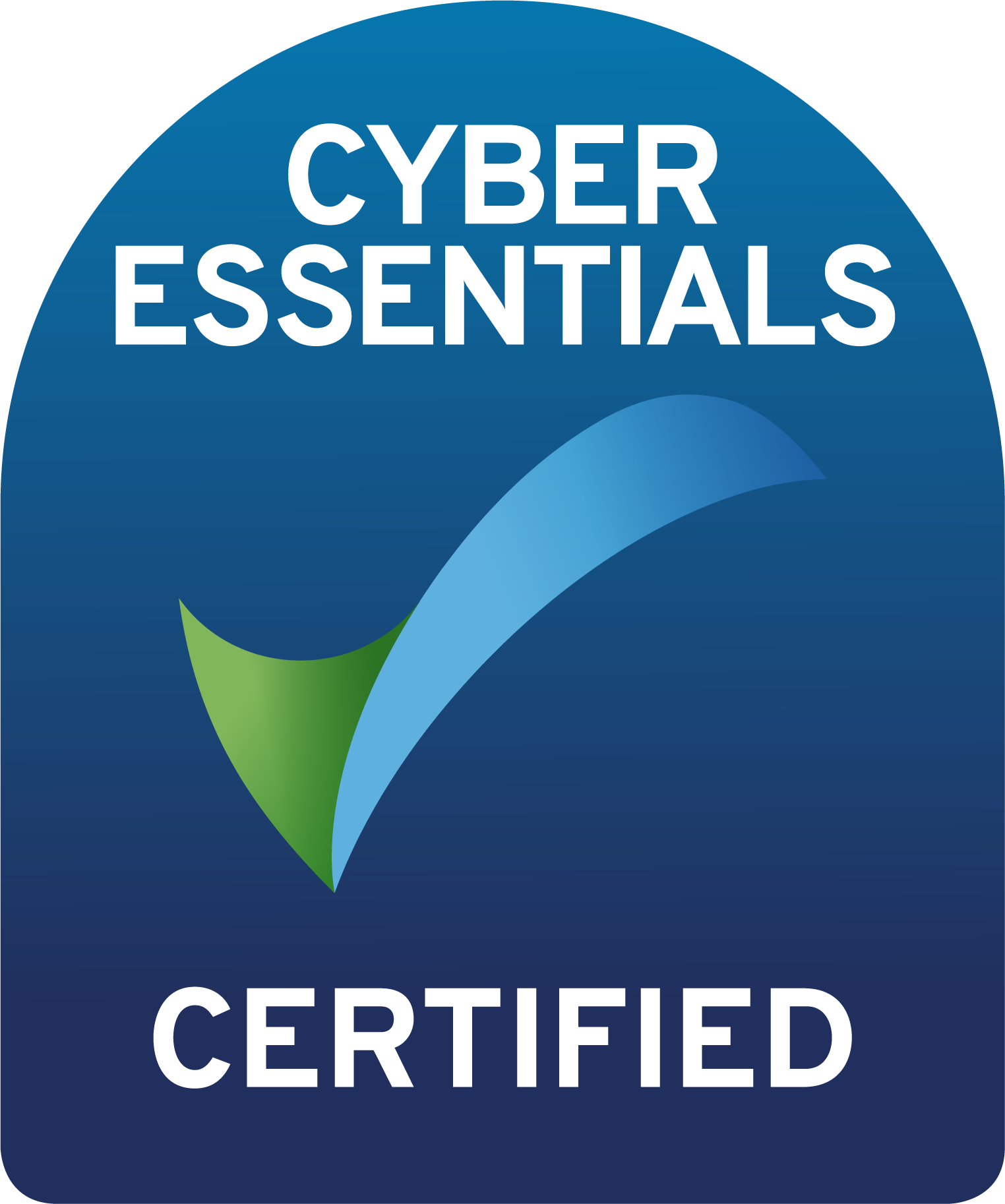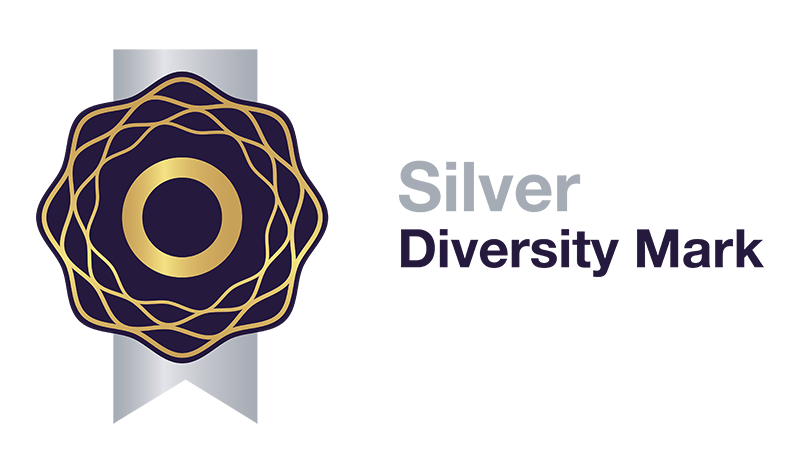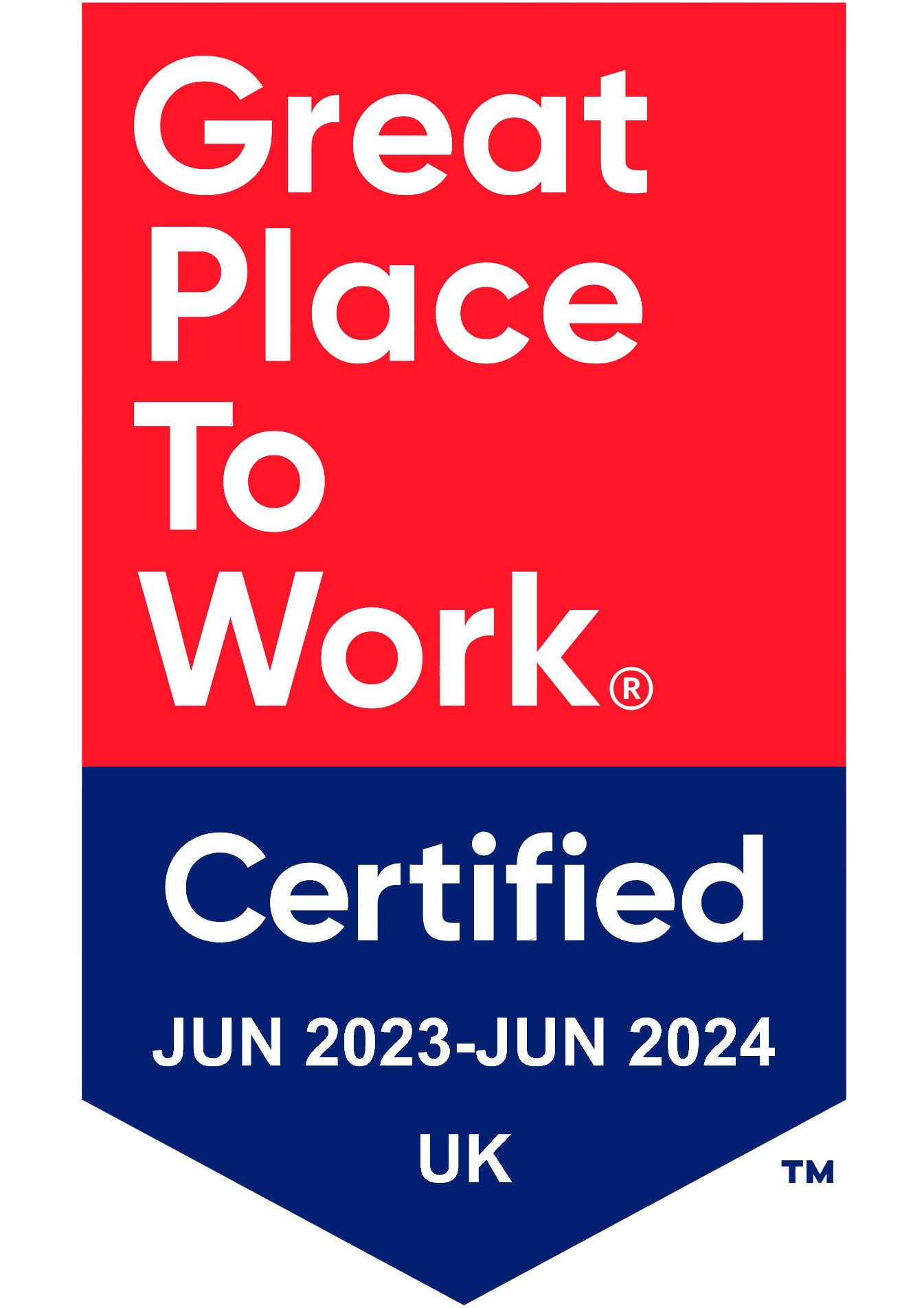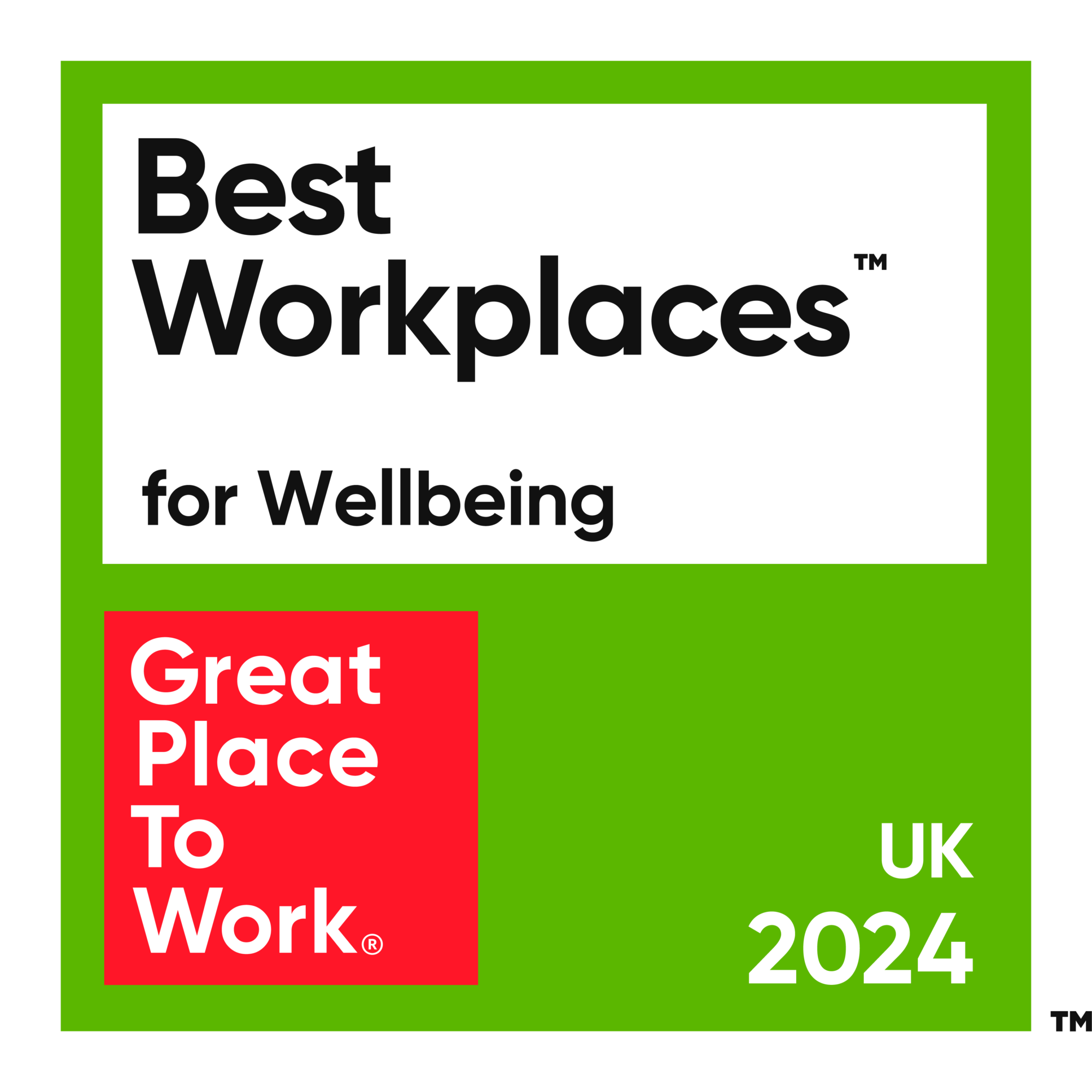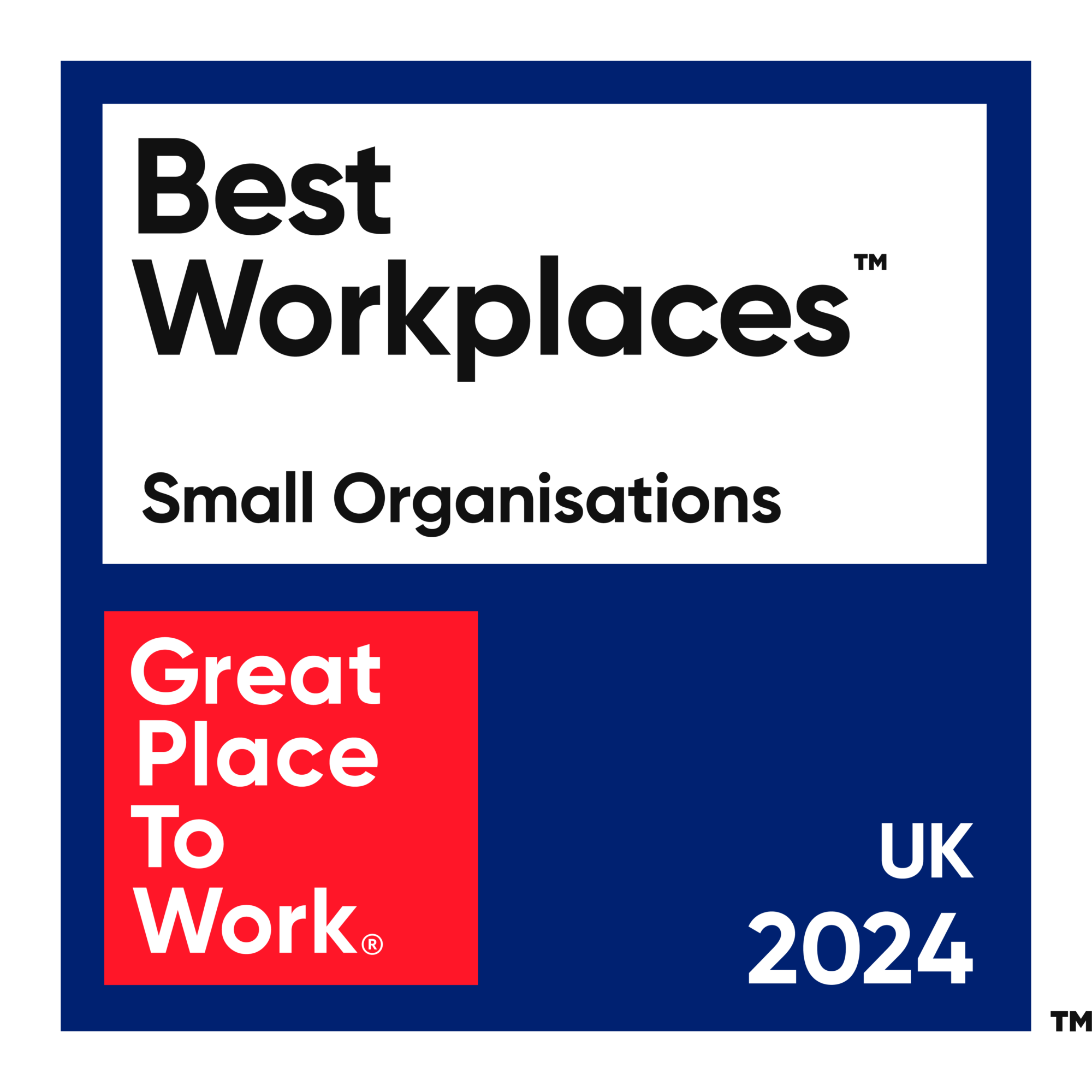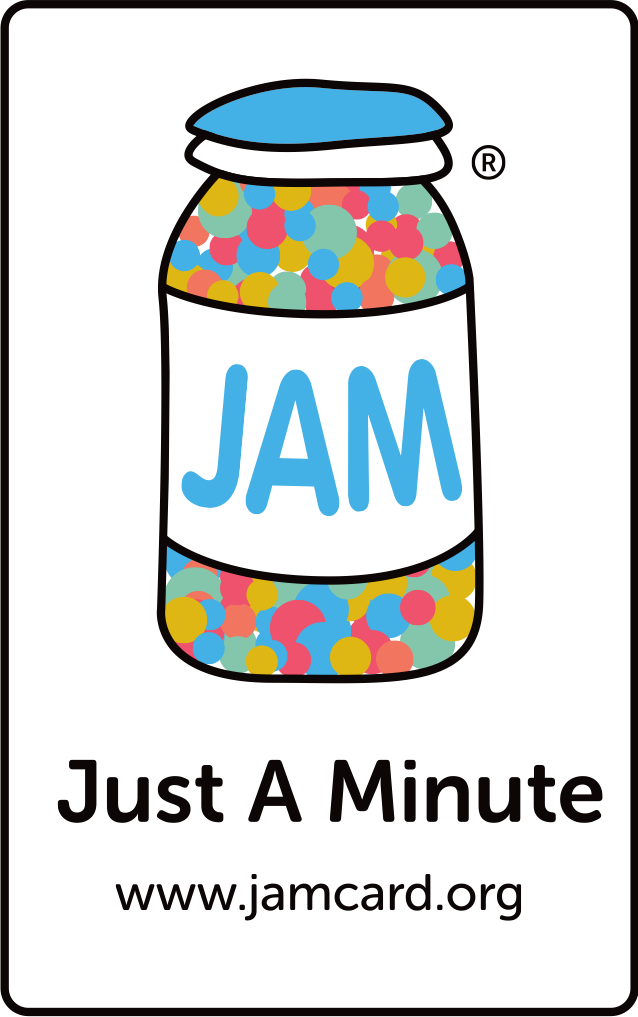The NHS could save £80m per year with this technology
Two female business leaders in Belfast are selling a zero-touch thermometer into hospitals around the world, transforming standards of nursing care. TriMedika’s […]
January 23, 2019
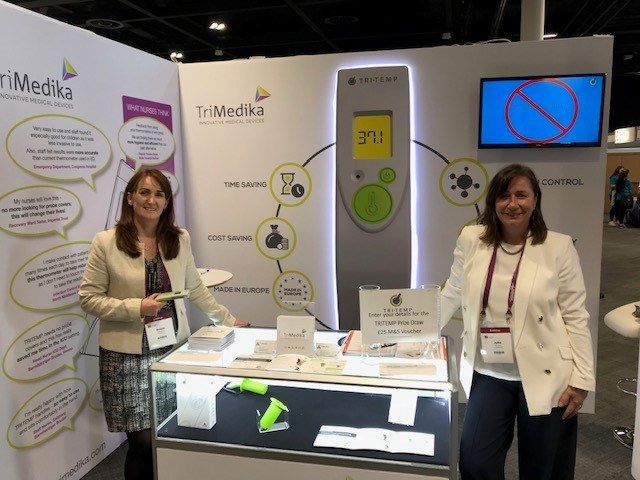
Two female business leaders in Belfast are selling a zero-touch thermometer into hospitals around the world, transforming standards of nursing care.
TriMedika’s thermometers use infrared technology to measure the heat a person emits. By simply pointing the handheld device at the patient’s forehead for a few seconds, the surface temperature is taken, and automatically converted into a core body temperature reading. TriMedika’s founder dreams of a future where nurses don’t have to do any note-taking.
“While the patient is in bed, a nurse could zap a barcode on their wrist, hover the device over the forehead, and send the reading into their patient record without ever having to wake the person up, or take any notes,”
Dr Roisin Molloy, CEO and co-founder, TriMedika
I immediately begin to envisage a future where a robotic arm hovers the device over – reducing the human workload for busy nurses.
Roisin continues, “On general wards, a patient’s temperature is taken twice a day, but in other cases, such as with chemotherapy, it’s every hour.”
With the frequency of these readings, the traditional technology shows its limitations. Thermometers that require contact – in the patient’s mouth, or ear, for instance – require plastic tips to keep it as sterile as possible. These plastic caps cost the NHS £80 million every year, TriMedika has estimated.
“There’s a huge infection control benefit from a contactless device,” points out Roisin, who says that “80% of hospital-acquired infection is transmitted through touch.”
She also points out the lack of “consumables and the associated environmental impact.”
The devices are currently in use at The Mater Hospital in Northern Ireland, amongst others.
TriMedika designed the device and brought it to market in just 18 months – incredibly quickly for a medical device. The company is already revenue-driven, having been bootstrapped by two angel investors, as well as Roisin and her co-founder, Julie Brien.
Now, the team is ready to scale up. “We know this can be a multi-million pound business, and we want to avail of every opportunity to get there,” says Roisin. That’s why they’ve taken a place on the new Way to Scale programme, the first step of which will be to attend MIT’s Entrepreneurship Development Program with Bill Aulet.
Roisin says that the timing was uncanny when the Way to Scale programme became open to entrants. “I was speaking to a founder who grew his company from zero to £30m in the space of a decade. I asked him, what was the tipping point? He said a CEO transformation programme was it. That same day I had a message about Way to Scale.”
Roisin says that TriMedika is on registered medical device frameworks in the UK, Northern Ireland, Republic of Ireland and some Western European countries. “We’re taking orders from South America and Australia, as well,” she says.
Sales have been boosted by a cost calculator, which shows that a typical hospital with 900 beds, having 300 working thermometers, would save £165,000 annually using contactless devices. The device “gains return on investment in just four months,” says Roisin.
By creating a bespoke business plan to achieve a “blueprint for scaling,” as Roisin calls it, TriMedika will be positioned to respond to the interest from 50 countries that they’ve received thus far.
“Doctors and nurses tell us our product is a no-brainer,” says Roisin. “This blueprint will help us focus,” she concludes.
